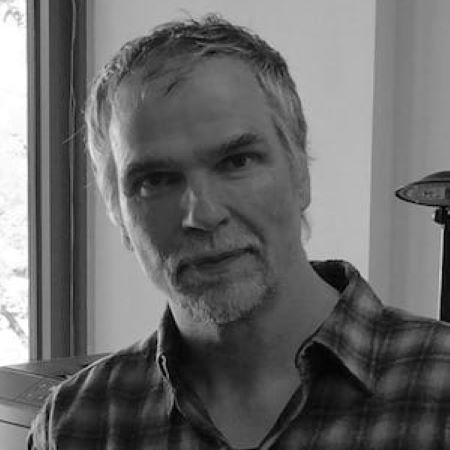Karolina Hübner, Associate Professor in the Sage School of Philosophy as well as the Himan Brown Fellow for the Jewish Studies Program at Cornell, is a leading scholar in Early Modern Philosophy. “It’s not entirely a rational or voluntary choice for me to work on this historical period”, she says, “I first read Spinoza’s works in a graduate seminar and I have been working on them ever since”. Ironically, many philosophers in the 16th and 17th century are rationalists who support the Principle of Sufficient Reason, which holds that there is no brute fact. “If there has to be a sophisticated reason,” Hübner laughs, “those early modern philosophers have produced alternative metaphysical systems that’s interesting to explore. It’s like reading good science fiction novels!”
After spending a decade working on Spinoza with fruitful publications, Hübner has decided to combine many years’ research into a monograph, tentatively titled Spinoza on Mind. This work focuses on the philosophy of mind of this influential philosopher. She expects it to be published in the next few years. While concluding her work on Spinoza, Hübner is making an exciting change in her research interest. “I think it’s an exciting time to work on Early Modern Philosophy”, she says, “There are many authors and texts that have not been fully studied before, but now people are rediscovering them”. She plans to work more intensively on the 17th century philosopher Margaret Cavendish, whose works have not been recognized until recently. Hübner remembered: “When I first taught undergraduates about her, they didn’t even know that there were women philosophers back then”. New progress has been made in the study of the history of philosophy through such discoveries of the neglected thinkers. Hübner is interested in Cavendish’s metaphysics, and her latest project on Cavendish explores her panpsychism. Cavendish has a distinctive theory of mental parts, which stands in contrast to the mainstream view of her period, that our mind can be divided into parts and one mind can be a part of another mind. Hübner’s paper also investigates how Cavendish reconciles materialism and panpsychism, that nature as a material whole can also have mental properties. “It’s very exciting to discover new figures in the history of philosophy who have not been thought through, because you don’t know what problems or issues are important.” Hübner reflects, “When I work on Spinoza, I know the central debates in the scholarship, but for someone new like Cavendish, there is no guide, but also no constraints”.
Hübner has recently edited a volume Human: A History for the Oxford Philosophical Concepts series. As a philosopher, she always wants to influence the debate about how we should treat animals and how we can alleviate their sufferings. Admittedly, Spinoza is not a very good resource on this, as he thinks that humans have the right to mistreat animals because we are stronger. Hübner even claims, “if I can do something that makes people treat animals better, that would be more meaningful than all my works on Spinoza’s metaphysics.” On the other hand, Hübner keeps rethinking the questions about human nature in editing this volume. “I don’t have an answer for that”, she says, “As an editor, I need to come up with a narrative to tell a story about the concept of humans and how this concept has changed. In the end, there is no narrative, but many different concepts which are difficult to reduce to one main thread”. The concept “human” has been widely misused in history in many different ways: to justify the oppression of other people, to deny full human status to certain groups of humans, or to claim moral high ground for certain political groups. Hübner questions whether this is still a concept that is worth keeping. Maybe we can rework it a little and to make it more inclusive and less oppressive. She eventually has to walk back on her previous claim: “Metaphysics can influence our conceptions of being humans and our ethical and political commitments. Maybe I can figure out a metaphysics that can guide us to treat animals better!
Let’s hope Professor Hübner succeeds!






